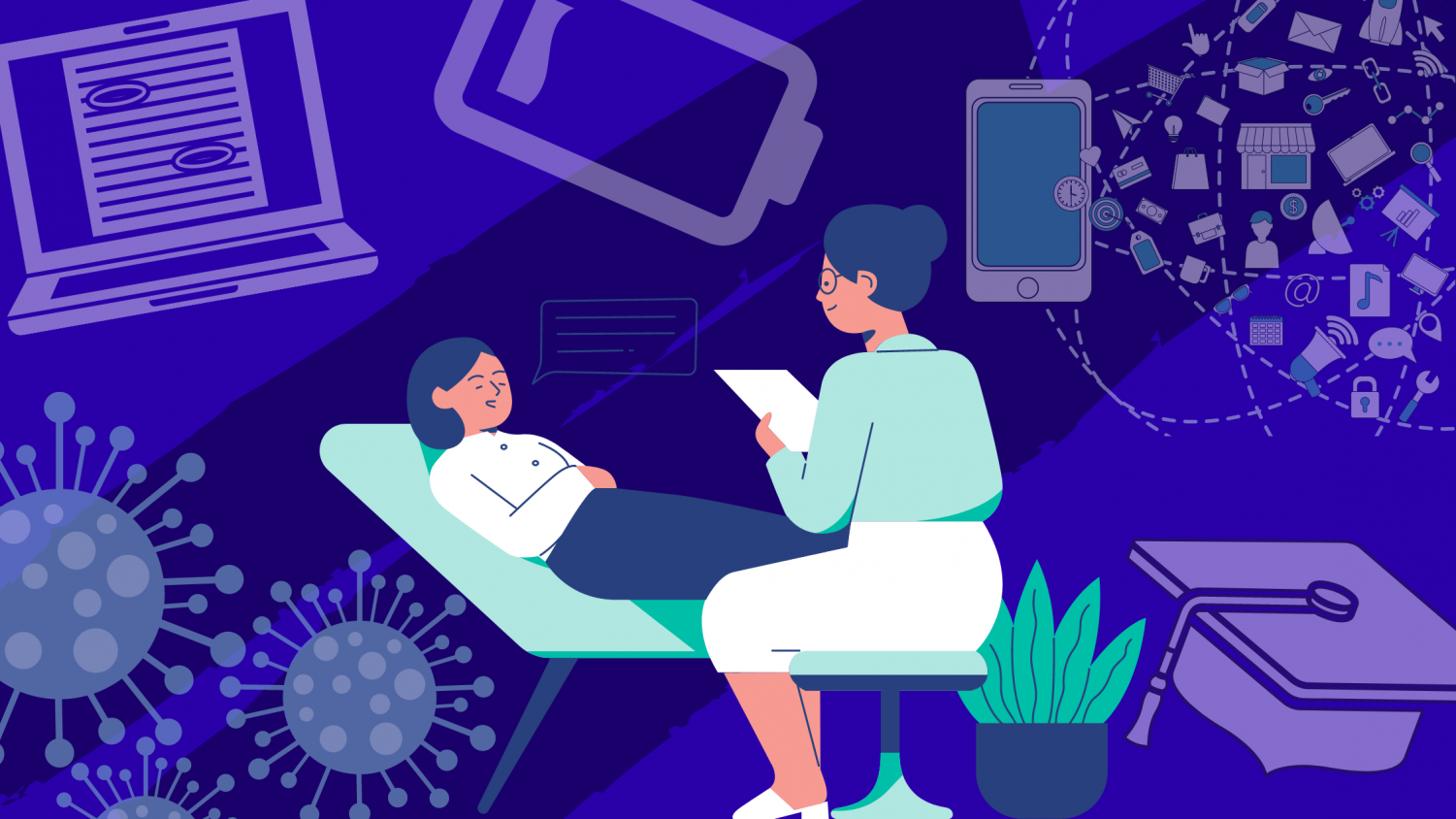Isolation and grief: Sac State students cope with declining mental health during pandemic
Mental health services available around Sac State, Sacramento
April 5, 2021
Every Monday, Wednesday and Friday, Sacramento State freshman Joe Singh rolls out of his warm bed just before 8 a.m. and turns on his MacBook Air to attend his modern business mathematics class via Zoom in his bedroom in his parent’s home in Tracy, California.
Singh, a business administration major, watches the lecture feeling bored and hopeless behind his computer screen. He opens the YouTube app on his phone and watches NBC Nightly News clips to distract himself.
After using his phone for a couple of hours, it dies and Singh is back to dreading assignments and feeling lethargic and weighted down by circumstances that the COVID-19 pandemic has put him in.
Fourteen hours after waking, alone in his room, Singh eats rice and microwaveable lentil beans as his first meal of the day at 10 p.m. This daily routine is wearing on him — waking up, attending meetings and working on assignments day in and day out as usual.
The plummeting mental health of college students during the COVID-19 pandemic has led to a rising utilization of mental health services. Despite this rise, many students like Singh have not sought out mental health services because he said none of the many ways they tell him to cope will help him stop feeling alone everyday.
“I went from enjoying my college experience to almost hating it.”
- Edward Kaleb Avalos-Muñoz
“I feel isolated, it makes me feel like every day is the same and I’m not going anywhere in life,” he said when asked how the pandemic is affecting him mentally. “I don’t have much optimism left for anything anymore.”
The COVID-19 pandemic has had noticeable repercussions on the mental health of Sac State students. As a result of COVID-19, 89% of college students are experiencing stress and anxiety, according to an Active Minds’ student mental health survey. Active Minds also reported that one in four students say their depression has significantly increased.
Although there is an increase in anxiety and depression in the U.S., there is an unmet need for mental health treatment among youth and adults. 60% of youth with major depression did not receive any mental health treatment in 2017 and 2018, according to data collected by the nonprofit Mental Health America.
RELATED: Sac State students should expect to return to campus in fall 2021, Provost says
Even in states with the greatest access, over 38% are not receiving the mental health services they need according to the nonprofit. Among youth with severe depression, just over 27% received consistent treatment. Less than 24% of adults with a mental illness reported an unmet need for treatment in 2017 and 2018. This number has not declined since 2011.
The State Hornet spoke to students to hear about their experiences about how the COVID-19 pandemic has affected their mental health and compiled services available to students at Sac State and in Sacramento.


